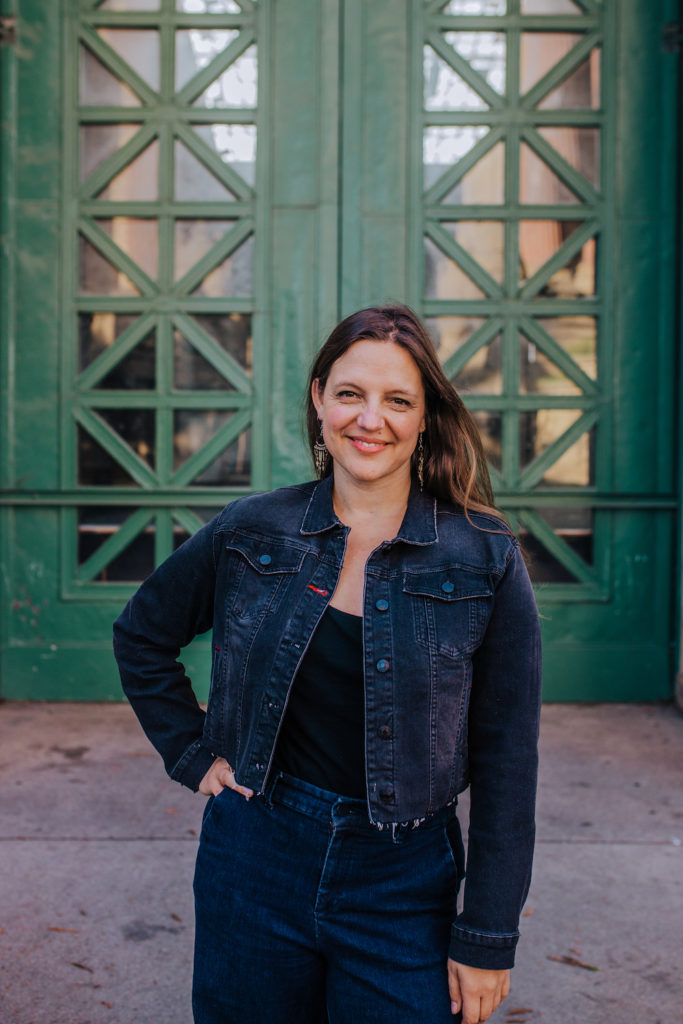The past year was indefinable in so many ways. I struggle to find the words, as I’m sure many of us do. Personally, politically, socially, spiritually it’s been. . . something. But the readers of this little blog are interested in my professional perspective. So: let’s talk about the publishing industry. Could it survive the pandemic, political upheaval, social unrest of 2020? (Reader, it did).
It made some questionable moves, with the acquisition of books like American Dirt, Apropos of Nothing, and Troubled Blood. There was a reckoning with the Black Lives Matter movement, which resulted in calls for more Black voices, but many argue and agree that the lack of diversity in publishing and the industry’s performative response to it, is a never-ending cyclical issue.
And closer to home, agent scandals erupted at a pace as if a global pandemic didn’t exist. Literary agents and agencies saw increasing demands for transparency and ethical behavior. Some may not survive in the industry as a result. Individual agents faced backlash on behalf of their clients. My peers publicly parted ways with established clients for problematic behavior such as sexual harassment, racism, and gaslighting.
Much of this was fast-moving, forgotten-after-the-next-controversy-broke, but the ripples had an effect. There has been an undeniable increase in anxiety seeping into all corners of the industry. Including into the already nerve-wracked minds of the hundreds of thousands of querying authors. How can you trust agents? How do you know an agent will be there for you long-term and won’t be at the center of some Twitterstorm/unearthed as a terrible professional/person? And how can you trust yourself that you are making good decisions and won’t find yourself facing the mob?
Since a tiny percentage of this group are readers of this blog, I’m sharing that you’re not alone. I can’t speak for all agents, but I do think a majority of us have felt the shift. This past year, I constantly re-examined my goals, my mission, my reason for doing what I do. I stumbled, more than once. How was I contributing to the conversation, positive and/or negative? I spiraled out and in, was off social media then back on, had highs of elation and lows of pessimism.
And then in late-August I came down with a moderate case of COVID-19 (link to an article that a local newspaper did on my experience). At the same time the largest wildfire in recent California history blanketed the sky with smoke, making the air hazardous to breathe for weeks. The personal overwhelmed the professional. I couldn’t work, I had no desire to be connected online and life, well it sucked. Physical recovery was about two months, emotional. . . I’ll let you know.
It did bring the importance of patience into sharp focus. The fast pace of social media conversations and industry scandals will not slow down. It’s important for me to keep track of it all, in order to have an understanding of the climate. But the choices I make as a literary agent (and perhaps you as an author) do not have to be at the same pace. We are caretakers of stories, one of the deepest aspects of the human psyche. This is not a fleeting mission.
So I remind myself:
- decisions should be thoughtful
- listen more than speak
- resist the desire to be performative
- take action when something feels problematic
This reminder further solidified something my clients already know. That despite my incredibly high expectations of them, I am not a shark (more like a gray whale I guess?). But I believe that the patience I continue to develop will support them in navigating the industry as strongly as a shark would. (Seriously, gray whales are awesome.)
This reminder is also for authors seeking literary agents. Take your time to choose who to query and who to accept an offer from, the more thoughtful the process, the less likely it’ll be a choice you regret (the same goes for what you post online).
I signed seven exciting new clients in 2020: R.B. Lemberg, Zipporah Smith, Jasmine Skye, Kristen Schmitt, Alex Crespo, Chelsea Catherine, and DaVaun Sanders, all of whom have something fresh, poignant, and interesting to say via their fiction. Many are undertaking massive rewrites with me, but I see the long-term potential and am looking forward to what the future holds for them.
At the close of the year I sold my client Rati Mehrotra’s sophomore project Night of the Raven, Dawn of the Dove to Macmillan. Her debut Markswoman (one of my first deals) sold in early 2016, marking nearly five years between announcements. I’m so proud of her, the persistence and patience paid off.
And I’m happy to report there seems to be no long-term side-effects from COVID (although increasing my vitamin levels was crucial for full-recovery). I’m still catching up professionally from the experience, so I expect to be closed to queries until March, if not longer. I’m resisting the urge to rush through this more subtle part of the healing process. It’s important that I maintain the balance of what I can do, with what I should do, in order to be a stable force for my clients.
So, I thank you for your patience.


